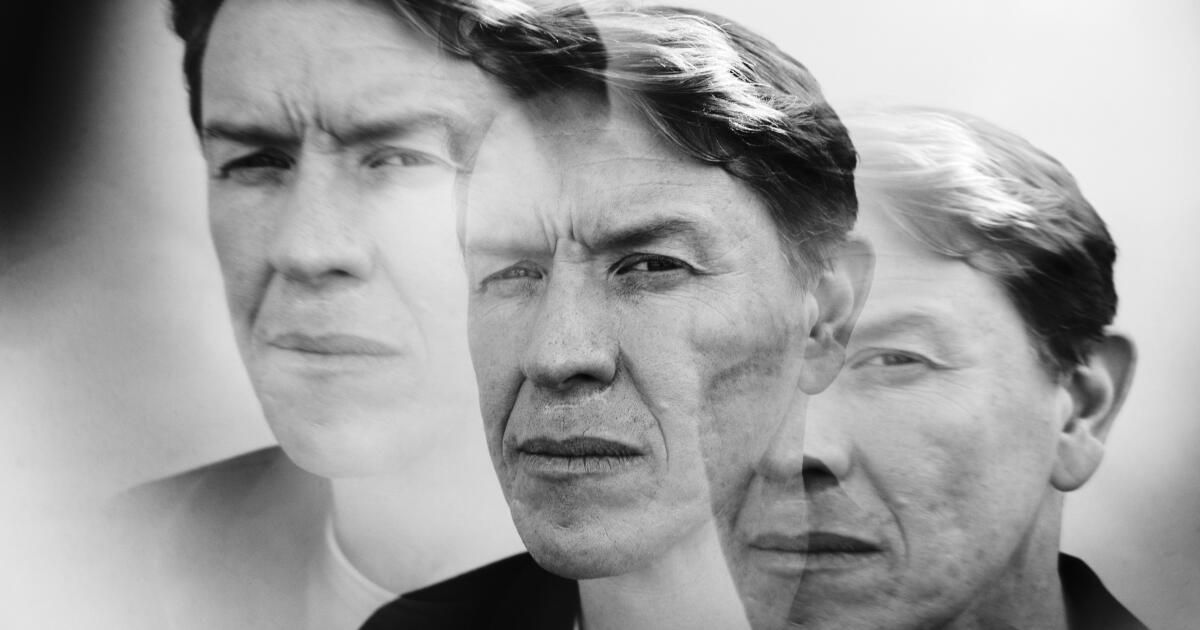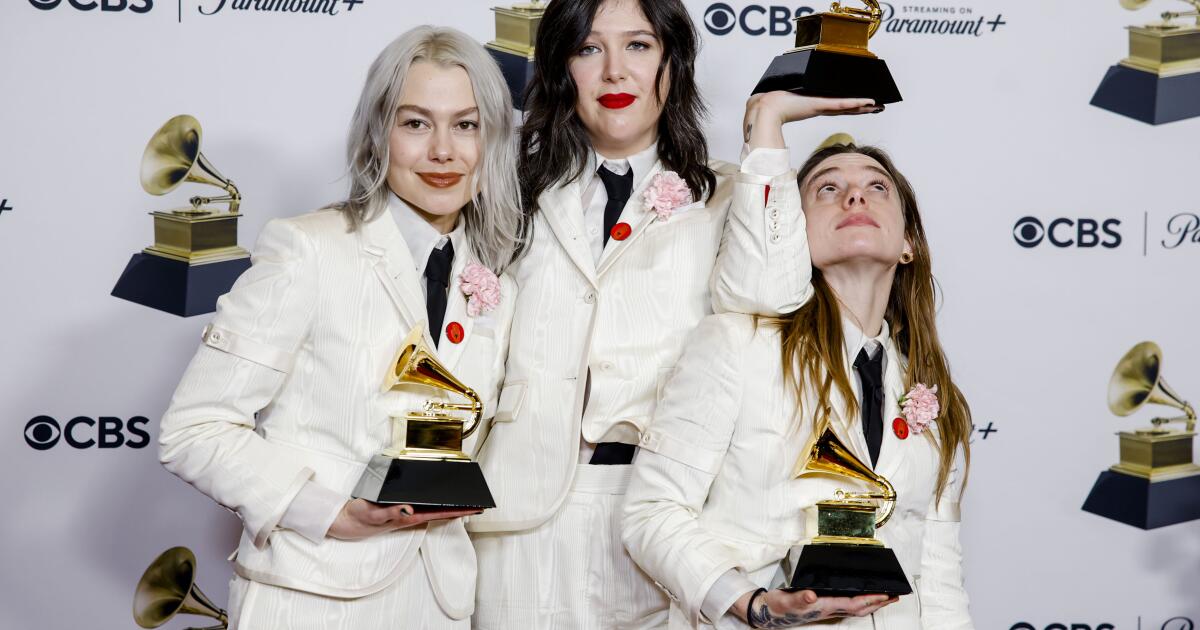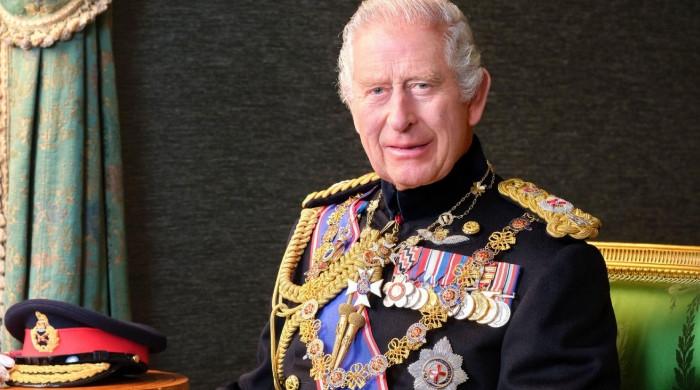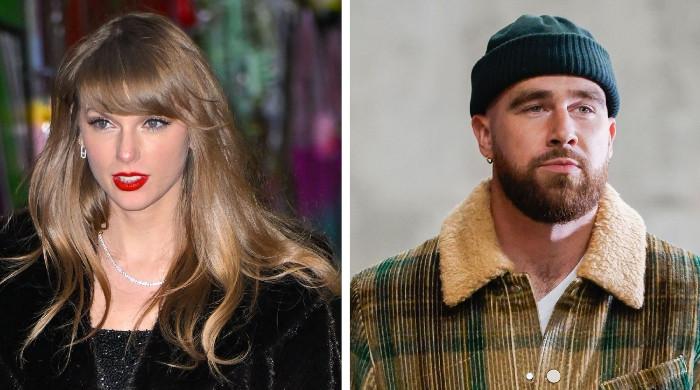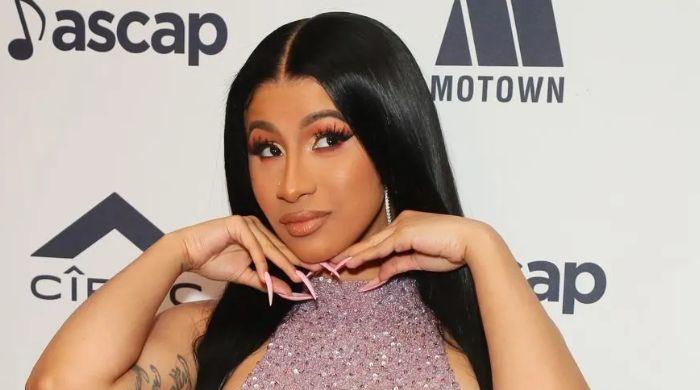Debt is a recurring theme in the fifth season of “Fargo,” and there was no scarier bill collector in Noah Hawley's latest serious-comedy adventure into the darkness of the Upper Midwest than Ole Munch. Nor is he such a touching creature, as played by English actor Sam Spruell. Both the failed kidnapper-for-hire and unlikely savior of Juno Temple's protagonist Dot, the sin-eating centenarian pursues his own peculiar morality, burning out the eyes of evildoers and demanding pancakes along the way.
Speaking via Zoom from Hackney, London, the home he shares with costume designer Natalie Ward and their 14-year-old son, Spruell sports a tan (spray-tanned, he notes, for his role in the next season of the British heist series). The Gold”) and sounds articulate, a far cry from his ruddy and cryptic appearance in “Fargo.” Spruell primarily plays villains; a racist cop in “Small Axe: Mangrove” and “Doctor Who's” Swarm are recent examples. But as Ole Munch's season-ending moment demonstrates, Spruell finds the transcendent in the terrifying.
How much Ole Munch was on the page and what was your creation?
A lot of that was in the script. Noah Hawley was pretty clear when I met him who the character was. He started by saying that Ole was 400 or 500 years old, he started in Europe, maybe he's been in America for 200 or 300 years. He hasn't spoken in a century. He has an Old Testament, eye-for-an-eye code that he cannot renounce. If he feels like the scales are not balanced between action and reward… Noah described it as an itch inside his skull that needs to be scratched.
That was quite helpful. But what really opened the role for me was eating sins. Because he was poor and desperate, he was almost forced to eat the sins of the rich. People who can't break their cycle of poverty and crime because they aren't taken care of by the rest of society, that was a very strong notion on which I could build a character.
Sam Spruell plays the murderer Ole Munch in “Fargo.”
(Michelle Faye/FX Networks)
Ole exudes intimidation. You seem friendly though.
I guess some people have access to the ability to play lovers or shed tears very quickly. My kind of ability as an actor is darkness, and I'm not a very dark person! I am reasonably happy, I have a family that is with me, but I can access darkness and bullying. You never really play it though; You're playing someone who is damaged by the whole series of events in his life. Maybe think about that instead of playing a villain. Or frown; I worked with Ridley Scott early in my career, who told me, “Do a little less with your face.” He gave me that note when he was playing a really scary guy on “The Counselor,” and it obviously stuck.
So many memorable and specific aspects of Ole, like his third (or fourth?) person syntax and his sibilant voice.
Noah saying that he hadn't spoken for 100 years was enormously helpful. Your ability to form sentences in, perhaps, your third language… is not flowing. It's not fluid, it's broken, the sounds are poorly formed, if you will. Once you add that it has a Norwegian name, you add some Scandinavian sounds, so with the voice trainer I built it that way too.
And she's wearing a skirt.
It's so fun. Noah and Carol Case, the costume designer, wanted her to be timeless, but also someone who wouldn't be swayed by convention. I was coming to the same conclusion and, strangely, I sent her an email saying, “Maybe I should wear a dress?” Kind of like a joke, some kind of test, but Noah had said the same thing to Carol or the other way around. He started sending me pictures of kilts and I felt like it was exactly the right thing to do. Something strange historical is happening.

“The best thing about 'Fargo' is that it creates characters with a real interior but who have those physical, eccentric attributes that you can really look for,” says actor Sam Spruell.
(Oliver Mayhall / for The Times)
There are many strange things about Ole, but in the end he is radiant.
The great thing about “Fargo” is that it creates characters with a real interior but who have physical and eccentric attributes that you can really look for. That's the joy, being able to opt for something that you try to make naturalistic but that is also completely unnaturalistic. It's a fine line, but if you feel like you're onto something and you're able to pull it off in a scene, there's nothing better as an actor than playing a character of that size.
All of that comes to light in the remarkable final sequence, where only Dot knows that Ole has come to threaten her clueless, welcoming family, but she finally makes him smile, perhaps for the first time, with a Bisquick cookie.
He has come home because, again, of that itch inside his skull. He freed her from her imprisonment at her ranch, but there was no quid pro quo and that worries him about her, so she returns to collect her debt. The understanding that she's not going to pay for it and that he actually has to forget about it runs throughout that scene. But the element of kindness is very interesting. In preparation, he had all these written boards in my Calgary apartment: He has never been touched, he has never been shown any kindness, he has never been shown any affection or love. In that scene, suddenly, he is enveloped in the love of a family, so incrementally, so delicately, that he doesn't even know what is happening to him.
That final act, where she gives him something made with love and he accepts it, is I guess the first step towards him having a chance at life.
Does Bisquick exist in Britain?
It's not. Bisquick contacted my manager in the United States because they wanted to give me a box or something. He was very funny. We haven't followed up on it yet, but maybe he should receive it at my house and test it properly with my son.
Speaking of family, how has your mother, Linda Broughton, influenced your craft and career?
She is still an actress; She is 77 years old. She's had a life primarily of theater, mine has been predominantly film and television, and it's been a very good conversation between the two of us. We have different approaches, but we both seek the truth. I made an audition tape for the role of Ole Munch and it was my mother I was reading the lines with. I feel incredibly lucky to have had her advice. Hopefully I'll give you something in return when we talk about how to be better actors.

